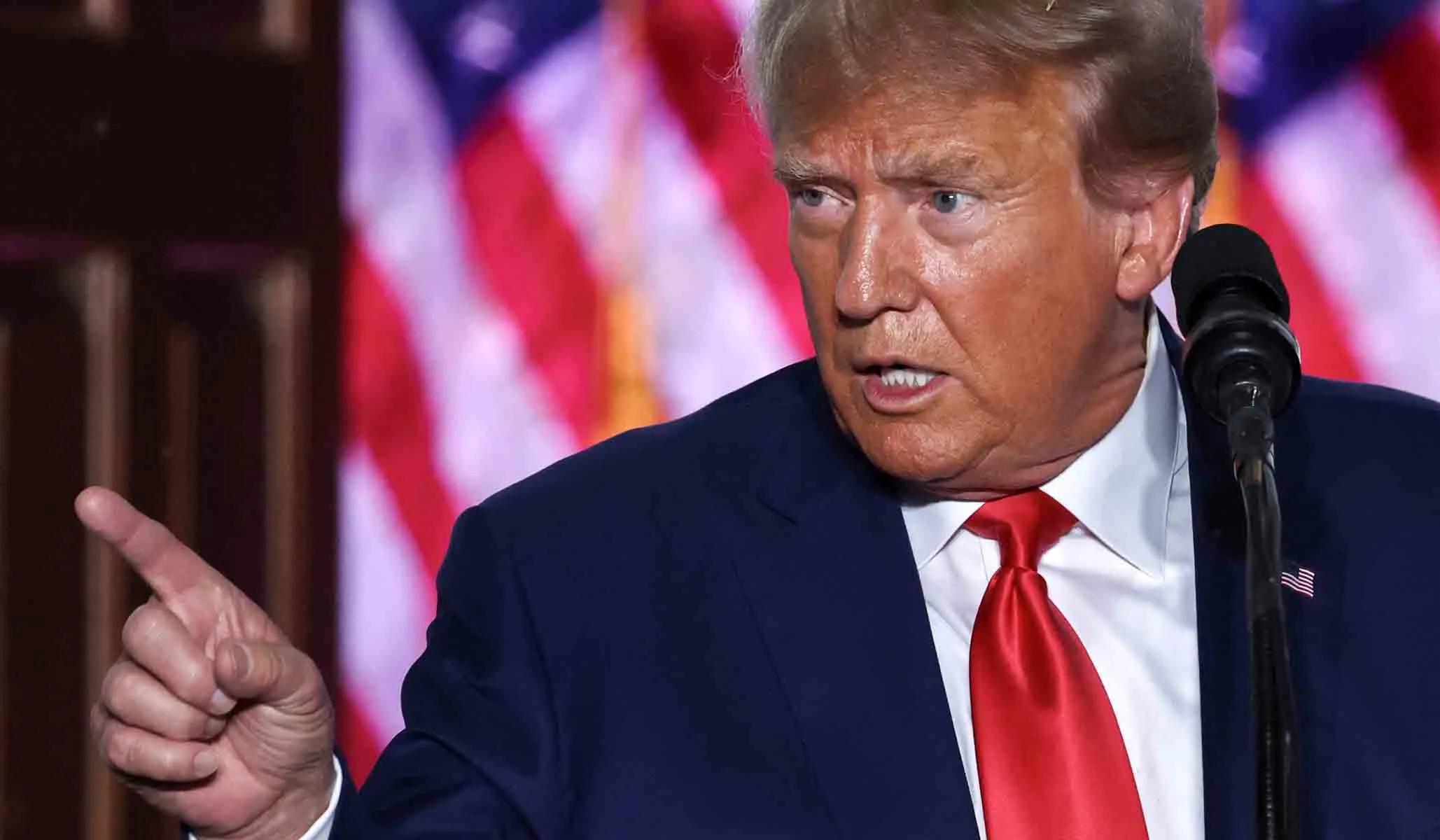Can the nation’s political strategists explain to me, a mere amateur in the game, which variant of strategic dexterity this bewildering incident represents? Some of President Trump’s advisers have been urging him to return the documents for months, while other allies, including Tom Fitton of Judicial Watch, have told him that he is entitled to keep them and should not have been pressured to return them.
It is clear to me that this was a foolish decision. I have been asked in recent days to explain the difference between what Trump did and what Hillary Clinton did. The answer is simple: unlike Trump, Clinton is skilled at being villainous. When she learned that the authorities were onto her, she acted like an experienced mobster: she hired lawyers, feigned ignorance, destroyed evidence, and played the game like a pro. At home, she probably laughed herself to sleep. But when the cameras were on her and the tapes were rolling, she was disciplined enough to get away with it.
I do not find this admirable, but I do find it instructive. For the past eight years, Trump’s defenders have claimed that he has the courage and capacity to “fight” unlike the weak politicians he replaced. They argue that Washington is a swamp full of out-of-touch hypocrites, and Trump, the plucky outsider, is their worst nightmare. Only he can effect substantial change, take on the entrenched special interests, and survive the elites.
But I respectfully ask: when did they decriminalize LSD? The most devastating sections of the latest indictment against Trump are the ones in which he is caught in his own words. While his supporters view him as a populist hero, the transcripts of the indictment paint a different picture. Trump comes across as a bumbling narcissist, like Marv from Home Alone explaining how he knocked over all those houses. He not only admits to breaking the law but also establishes that the defense on which his champions have relied – that he had secretly declassified every document he kept – was untrue.
Effective political reformers are deft, intentional, and covered in well-tailored armor. Trump, on the other hand, is a klutz, a manatee in a jacuzzi making mess after mess while insisting to the world that he’s a mermaid. He lacks all the characteristics necessary to be a successful reformer. A president who can rein in the bureaucracy must understand that the serious obstacles in his way must be eliminated from within rather than without, utilize the existing levers of power against those who installed them, distinguish between good and bad advice, evaluate which risks are worth taking, and appear cleaner than clean to avoid the worst consequences of having a giant target painted on his back.
Donald Trump cannot survive his attempts at reform. Worse still, he does not want to survive them. While there is an infuriating difference in the justice system’s treatment of Hillary Clinton and Donald Trump on the matter of classified documents, Trump’s choices made it easier for that double standard to be observed. He did not need to take classified documents and store them in his home, reject the DOJ’s overtures, refuse to return those documents, or ignore the advice of his lawyers in favor of the bad counsel offered up by the head of Judicial Watch. These were bad choices, and Trump has nothing to show for them.
It has become popular to argue that it does not matter how a Republican politician behaves because, irrespective of who he is, he is destined to be treated in the same way by the press, by the Democratic Party, and by the permanent bureaucracy with which both are now so closely entwined. This is false. While it is true that all Republicans are reflexively accused of the same sins, it still matters whether those accusations happen to be true. Every Republican is deemed corrupt, selfish, and a wannabe dictator, but not every Republican is caught standing over the body saying “bang.”
The GOP primary voters can have reform of the bureaucracy or Trump’s endless sh**show. If they try to have both, they will get neither – and they’ll deserve it, too.

